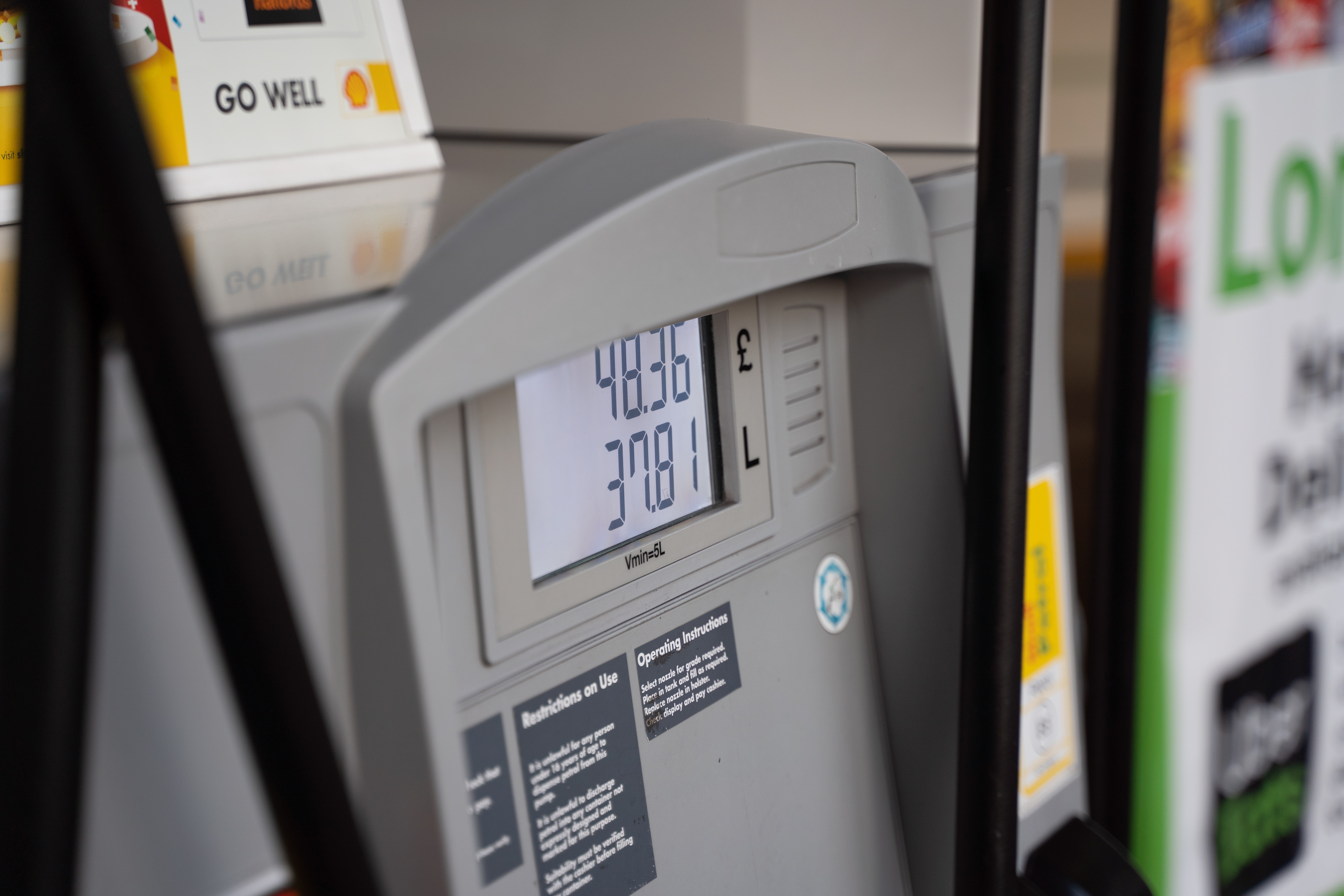Rising food and petrol prices sent consumer price index (CPI) inflation to a fresh 40-year high of 9.4 per cent in June.
This is up from 9.1 per cent across May.
The latest inflation rise was driven by the sharpest single month rise in petrol prices since at least 1989 and food price inflation, which hit a 13-year high of 9.8 per cent.
Fuel price climbed by a record 18.1p since May.


Higher spending over the Platinum Jubilee bank holiday could also have impacted the price surge.
High producer price inflation – which hit 17 per cent in June – suggests that further inflation hikes could be expected over the coming months.
Progressive think tank the Resolution Foundation notes that there is a 1.5 percentage point cost-of-living gap between the richest and poorest tenth of households, with the latter experiencing an inflation rate of 10.6 per cent. This is compared 9 per cent for the richest tenth.
Jack Leslie, senior economist at the Resolution Foundation, said: “Rising petrol and food prices sent inflation ever closer to double digits last month. But this is already a reality for low-income families as they spend a greater share of their budgets on essentials like food and energy bills. While high inflation won’t last forever, it is likely to be with us for some time as energy bills soar again this winter. This will mean further falls in real pay.”
John O’Connell, chief executive of free market campaign group the TaxPayers’ Alliance, said: “Soaring inflation is squeezing households’ budgets and businesses’ balance sheets.
“But taxes remain the single biggest bill families and firms face, and rising rates are compounding the cost of living crisis.
“Ministers should remember that the best way to help taxpayers is by putting money back into peoples’ pockets through targeted tax cuts.”
CBI Deputy chief economist Anna Leach said: “Inflation hit another multi-decade high in June. The labour market is still tight, global price pressures strong and another rise in Ofgem’s energy price cap is in the offing. As a result, inflation is likely to stay high for the rest of this year, severely eating into strained household incomes.
“This data underscores the need to give people more control over their energy bills: through speeding up planning decisions for electricity infrastructure and creating a national effort to help households better insulate their homes.
“But to build resilience to price shocks over the longer-term, the government needs to focus on boosting the economy’s supply potential. Incentivising investment through a permanent successor to the super deduction and supporting the development of green infrastructure are crucial first steps.”












